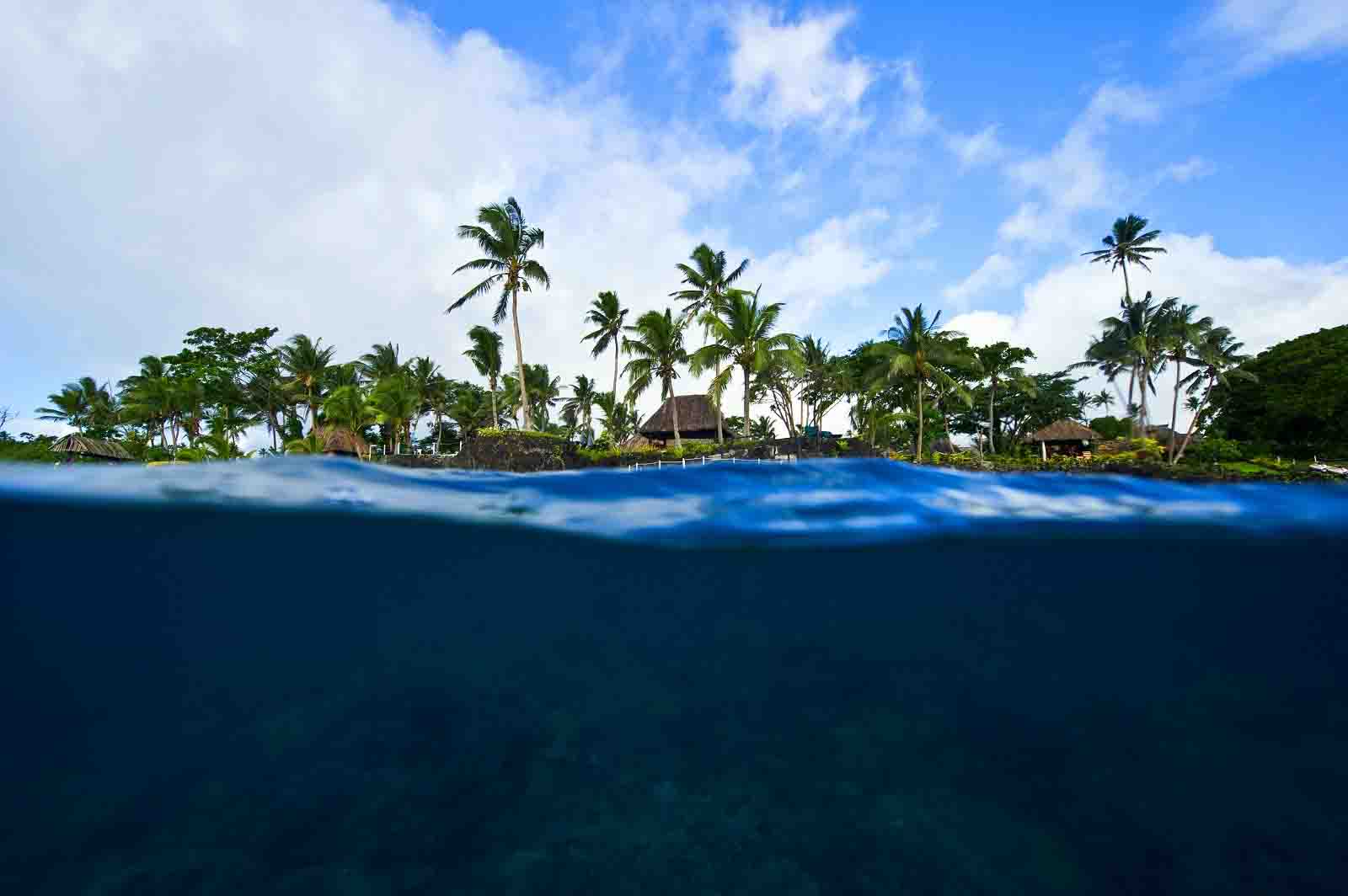Fiji is a small island nation in the South Pacific that has a complex geopolitical orientation due to its location and history. Fiji is located at the crossroads of the Pacific, and its strategic location has made it a coveted prize for colonial powers and a key player in regional affairs.
Historically, Fiji was a British colony from 1874 until it gained independence in 1970. During World War II, Fiji served as a key Allied base in the Pacific and played a crucial role in the Allied victory. Today, Fiji maintains close ties with both the United Kingdom and the United States, which provides aid and military support to Fiji.
In recent years, Fiji has become increasingly aligned with China, which has invested heavily in the country’s infrastructure and economy. China has provided funding for major projects such as the upgrade of Fiji’s international airport and the construction of a new government complex. China’s growing influence in Fiji has raised concerns among some countries, particularly Australia and New Zealand, which view China’s activities in the Pacific as a challenge to their own strategic interests.
At the same time, Fiji has also sought to strengthen its ties with its Pacific neighbours, particularly through the Pacific Islands Forum (PIF), a regional grouping of Pacific island countries. Fiji has played an active role in the PIF and has sought to promote greater regional integration and cooperation among Pacific island nations.
Despite these competing influences, Fiji has sought to maintain a non-aligned stance in international affairs and has pursued a policy of neutrality. Fiji has refrained from taking sides in regional disputes and has sought to promote peaceful and cooperative relations with all countries in the region.
In addition to its strategic location, Fiji’s geopolitical orientation is also shaped by its unique cultural and political identity. Fiji is home to a diverse population of indigenous Fijians, Indo-Fijians, and other ethnic groups, and its political landscape is characterized by complex power-sharing arrangements between different ethnic groups. This diversity has both enriched Fiji’s culture and presented challenges to its political stability.
Overall, Fiji’s geopolitical orientation is complex and multi-faceted, reflecting its location, history, and cultural identity. As Fiji continues to navigate its relationships with regional and global powers, it will need to balance competing interests and maintain a careful and strategic approach to international affairs.








